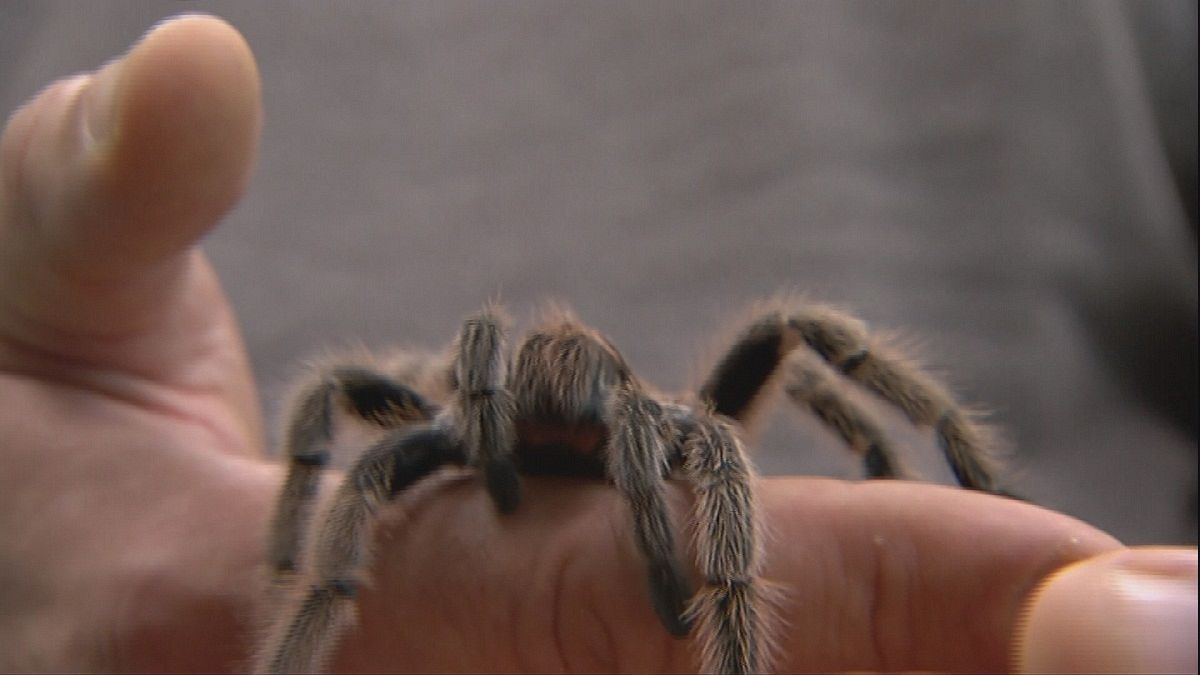A team of Irish researchers is conducting an unusual kind of experiment – they are examining the venom of some of the hundreds of species of spiders found in Ireland in the hope it may have medicinal…
A team of Irish researchers is conducting an unusual kind of experiment – they are examining the venom of some of the hundreds of species of spiders found in Ireland in the hope it may have medicinal properties.
It comes after the team at NUI Galway (National University of Ireland Galway) found that human cells and breast cancer cells react very differently when exposed to venom from the common false black widow spider. They also found that a variety of spider discovered in caves in County Mayo could be useful in killing bacteria like E coli.
“The venom of that spider seems to destroy bacteria very effectively,” explains zoology lecturer, Dr Michel Dugon. “However it does not destroy human cells. And, of course, that is very interesting from an anti-bacterial point of view, and for potential use as bactericide.”
The researchers are also exploring the potential uses of the venom from a whole range of other creatures, from scorpions to giant centipedes, newts and even jellyfish.
“There are many other animals which can be used, so some of the work that is going on is looking at barnacles. Barnacles obviously stick to lots of different surfaces, and they do that under water. And because they do that, they could be the basis of new surgical glues which would be developed for saline environments in the human body,” says Anne-Marie Power of the School of Natural Sciences, NUI Galway.
According to Dr Dugon, each species of spider possesses its own cocktail of toxins, giving unique properties to its venom. Worldwide, this represents tens of thousands of toxic blends that might hold treatments for millions of people.



